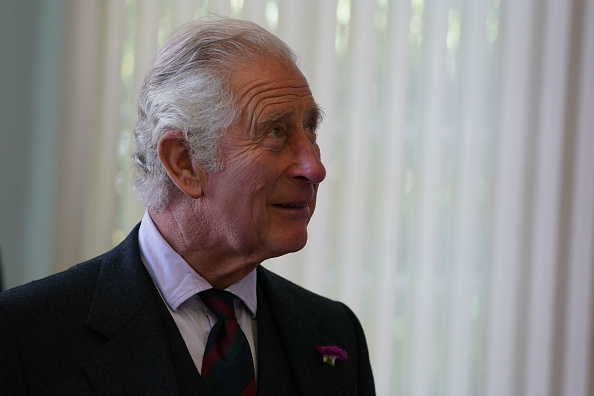
IN honour of the African-Caribbean communities’ contributions to the arts and society, Prince Charles of Britain served as guest editor of an edition of the British Black newspaper ‘The Voice’ in the nation for its 40th anniversary.
Prince of Wales said he was “touched” when he was asked to be the guest editor of the paper.
“Over the last four decades, with all the enormous changes that they have witnessed, Britain’s only surviving Black newspaper has become an institution and a crucial part of the fabric of our society,” Charles said.
“This is why I was so touched to be invited to edit this special edition.”
According to his staff, The Voice newspaper records Prince Charles’ “long-standing collaboration with Black leaders” as the royal family becomes more aware of Britain’s colonial past and heritage of slavery.
It was founded in 1982 and will feature interviews with Lady Doreen Lawrence and Idris Elba to mark its anniversary.
Doreen Lawrence is the mother of a schoolboy Stephen Lawrence, who was killed by racists in 1993. She has formed a partnership in her son’s honour to offer art scholarships, supported by the Prince’s Foundation.
The newspaper will also feature an art exhibition honouring the 75th anniversary of Windrush.
The 40th-anniversary edition will be available from 1 September, exploring themes including community cohesion, education, climate, the Commonwealth, faith, and the arts.
British history is distinguished by its pivotal role in the slave trade and colonial power over a large portion of Africa and the Caribbean. The heir to the throne, Charles, has expressed his deep sorrow for slavery.
In the previous year, Charles visited Barbados for a ceremony when the Caribbean country formally proclaimed a new republic while reconsidering its relationship with its former colonial authority, Queen Elizabeth.
William, the son of Charles, travelled to the Caribbean in March, but the trip was overshadowed by demonstrations against Britain’s complicity in slavery and complaints that it was reminiscent of colonial times.